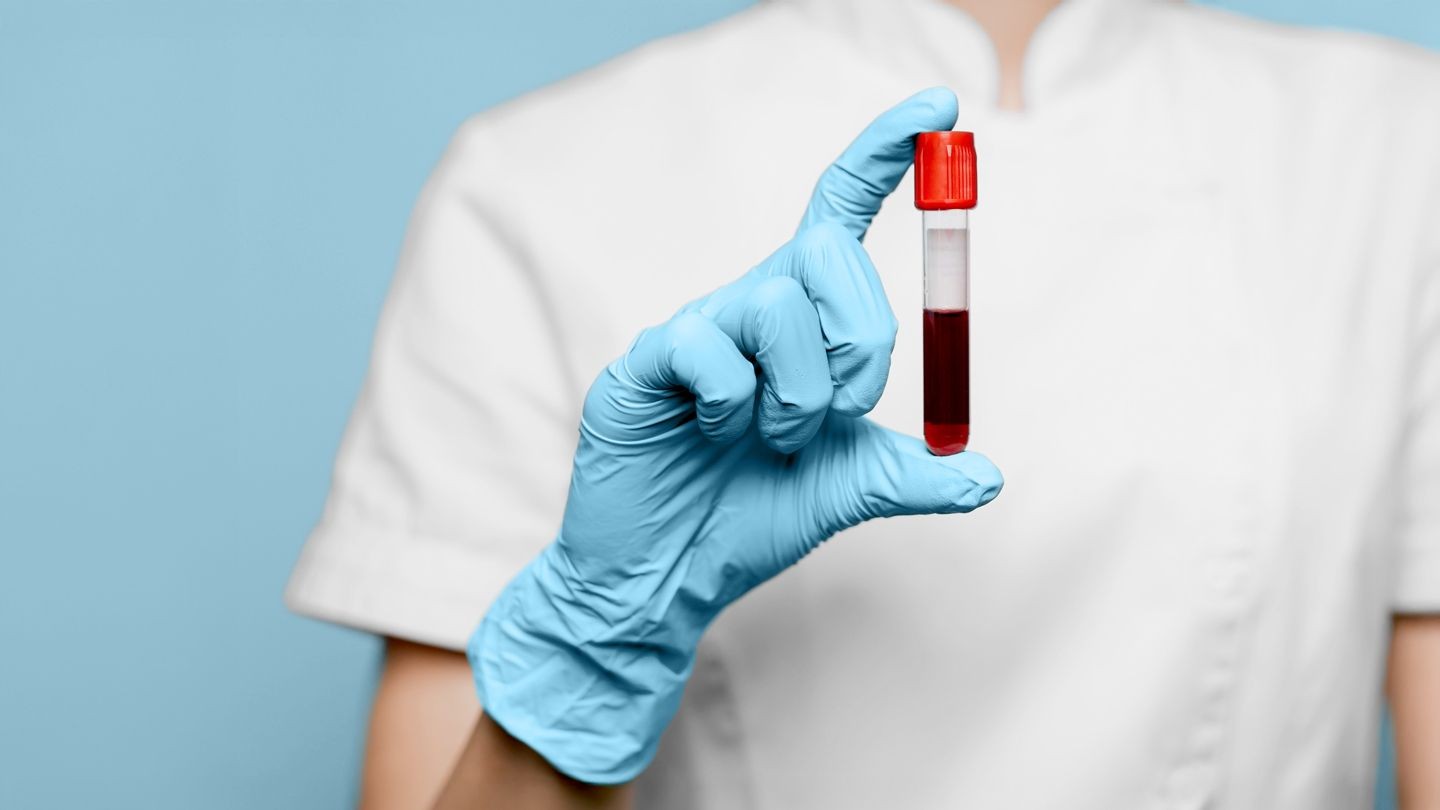Blood tests are routine tools doctors use to diagnose conditions, monitor health metrics like cholesterol or blood sugar, and much more. While many tests don’t require special preparation, some do necessitate fasting—abstaining from food and drink except for water—to ensure accurate results.
Understanding why fasting is needed and which tests demand it can help you prepare effectively.
Why Fasting Matters
The foods we consume directly impact blood nutrient levels. These fluctuations can interfere with test readings, potentially leading to misleading diagnoses or unnecessary treatments. Fasting allows these levels to stabilize, providing a clearer picture of your overall health.
Tests Requiring Fasting
Not every blood test requires fasting. However, common tests that often necessitate it include:
-
Lipid Panel (Cholesterol Test)
This widely ordered test checks for various cholesterol levels in your blood: total cholesterol, triglycerides, and LDL (“bad”) and HDL (“good”) cholesterol. A lipid panel typically mandates a 12-hour fast beforehand to avoid food’s impact on these measurements. -
Blood Glucose Tests
These tests measure your blood sugar (glucose) levels and are vital for screening and managing diabetes and prediabetes. Both regular blood glucose tests and oral glucose tolerance tests (used during pregnancy to screen for gestational diabetes) typically require an eight-hour fast. -
Other Fasting Requirements:
Beyond cholesterol and blood sugar tests, your doctor might order additional tests—like basic metabolic panels, liver function tests, or kidney function tests—that also benefit from fasting for accurate results.
What to Avoid During the Fast
The goal is to refrain from anything but plain water during the fasting period. This means steering clear of:
- Juices and Smoothies: Even those marketed as “healthy” contain sugars that can affect blood glucose levels.
- Coffee and Tea: Both caffeinated beverages can impact test results, especially if consumed in large quantities.
- Soda and Sugary Drinks: These are loaded with sugar and will directly influence your blood glucose readings.
- Alcohol: Alcohol metabolizes differently than food but can still affect some lab values.
Tips for Successful Fasting
Fasting can be challenging, particularly when it involves abstaining from meals you typically enjoy throughout the day.
To make it manageable:
- Schedule Early Tests: If possible, opt for tests in the morning so you can fast while sleeping.
- Eat a Filling Meal Before Starting Your Fast: Choose foods rich in protein, healthy fats, and complex carbohydrates (think lean meat, avocado, veggies) to help keep hunger at bay.
Medication and Supplements
Unless your doctor specifically instructs otherwise, continue taking your prescribed medications as usual before a blood test. However, always consult with them about any supplements or over-the-counter medications you use to ensure they won’t interfere with results.
Following fasting guidelines might seem like extra work, but it plays a crucial role in ensuring accurate test results and ultimately contributes to better healthcare decisions. If you have any questions or concerns regarding fasting requirements for your upcoming blood test, always reach out to your doctor for clear guidance.
